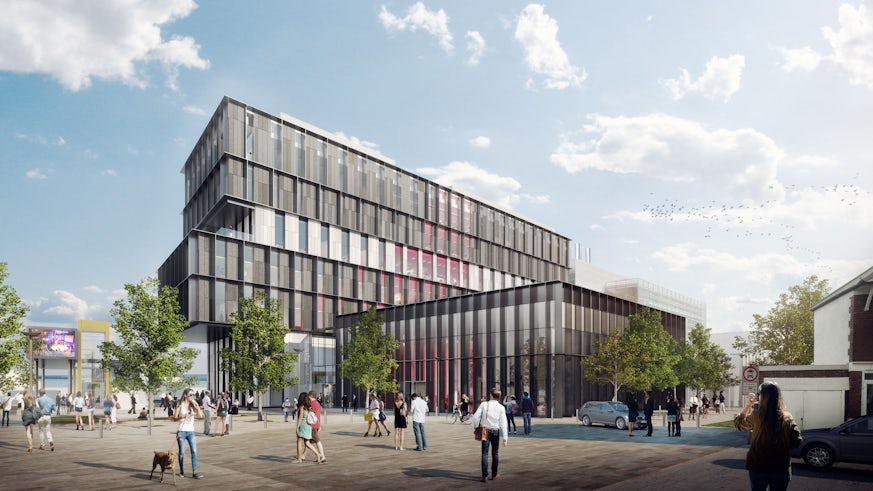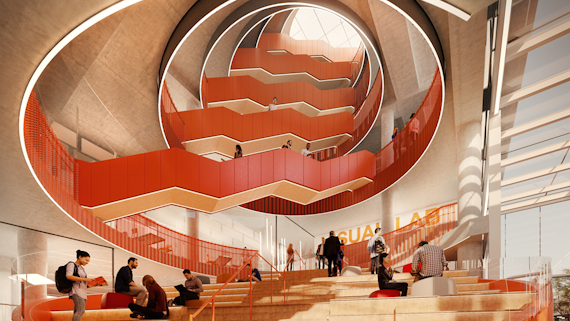Call for greater impact from social sciences and humanities research
26 September 2017

A consortium of international experts gathered in Cardiff to sign a statement calling for greater support for impact from the social sciences and humanities.
Building on the 2014 Leiden Statement and subsequent Manifesto for Research Metrics, the Cardiff Statement calls for recognition of the diverse kinds of impact that come from social science and humanities research.
It argues research is too often considered only in terms of economic value and technological advances, missing the cultural, social and wider public benefits. Those involved pointed to Cardiff University’s development of a Social Science Research Park (SPARK) as a leading example of how societal impact can be enhanced.
The Statement is supported by the Economic and Social Research Council, the Social Science and Humanities Research Council of Canada, the US-based Consortium of Social Science Associations and humanomics from Aalborg University. Signatories include Professor James Wilsdon, Chair of the Campaign for Social Science and Geoff Mulgan, Chief Executive of Nesta.
Professor Wilsdon said: “The context in higher education is clear – research impact matters. This is as much the case for social sciences and humanities as it is for physical and life sciences. We want to see more thought given to how social scientists can be encouraged to make sure their work makes a difference to citizens.”
Professor George Boyne, Cardiff University Pro Vice-Chancellor for the Arts, Humanities and Social Sciences, said: “The Leiden Statement stressed the need to recognise the unique importance of the social sciences and humanities, but this needs to be reflected in practice. The Cardiff Statement is specifically concerned with the societal impact of the social sciences and humanities and how we can improve it..."

"A practical example is the metrics used for impact assessment and how they can be used within the social science and humanities. What encourages an engineer or a biochemist might not necessarily encourage a social scientist or historian – the motivations, timeframes and outcomes are often different."
The meeting at Cardiff University was organised by the Network for Advancing & Evaluating the Societal Impact of Science (AESIS Network), an international community stimulating and demonstrating the impact of science on the economy, culture and well-being. The University was chosen to host the signing due to its creation of SPARK, where academics will share space with private, public and third sector organisations to design and test solutions to societal problems. It will be based alongside institutes for semiconductors and catalysis on an Innovation Campus.
David Sweeney, Executive Chair Designate of Research England, said: “The vision for SPARK is absolutely brilliant..."
"Cardiff University is showing real vision in co-locating SPARK alongside new investments in semiconductor research and other scientific disciplines on its Innovation Campus. This shows a university that really gets how innovation can be supported.”
Professor Rick Delbridge, the Academic Lead for SPARK, said: “The conference made a bold statement about the difference social science research makes. We share that ambition in Cardiff through the creation of our Social Science Research Park. It is a practical innovation that we hope can be replicated elsewhere, and is an example of social scientists being given bespoke support.
“What is particularly exciting and distinctive about our plans is that we will invite external research partners and users to co-locate with our research groups, to share the facilities and to work with us in the design, development, conduct and practical application of the research. The Cardiff Statement calls for innovations that boost impact; SPARK can do this by directly engaging the public in problem framing and creating knowledge.”





